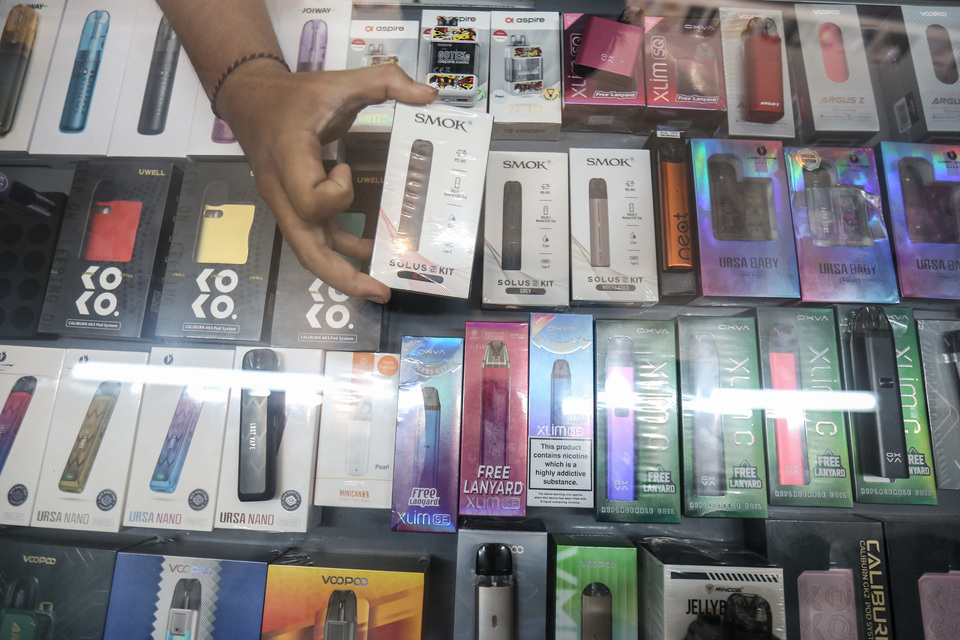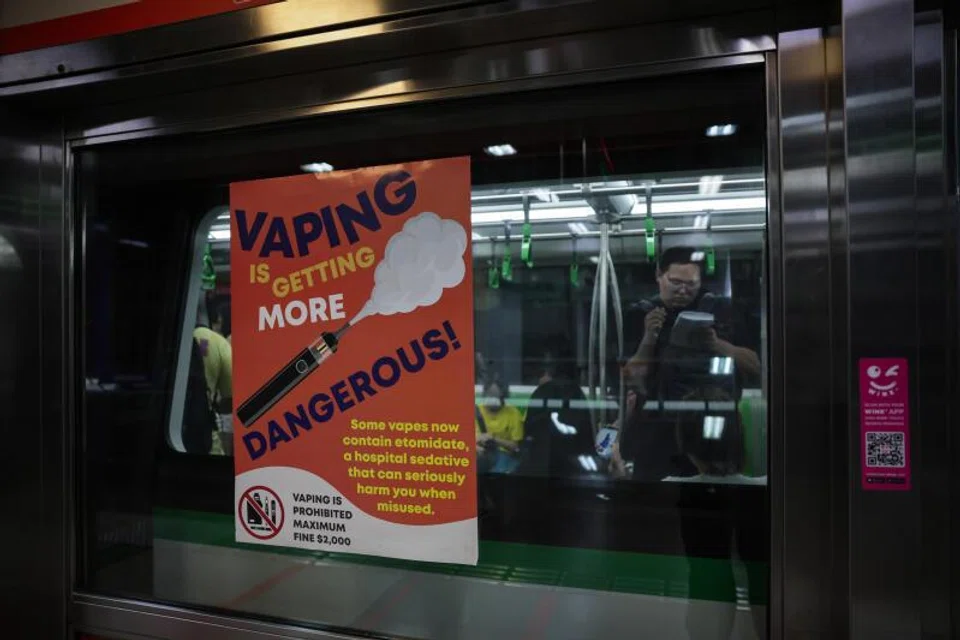
Key points:
Arkansas has become the first state in the United States to ban individuals from possessing illegal e-cigarette products.
Bill background: The PMTA registration law was pushed by traditional tobacco companies through lobbying efforts, while e-cigarette groups successfully lobbied for exemptions for some open-system products.
Product catalog requirements: Must meet one of three conditions in order to be included in the legal sales catalog.
Disposable and synthetic nicotine products are restricted: essentially prohibited from being marketed after 2016 and products that have not filed a premarket tobacco product application (PMTA).
Bottled e-liquid exempt from storage controversy: Industry generally agrees on exemption, but conflicting clauses exist within the bill.
Packaging restrictions are strict: designs, language, and character images that contain elements appealing to children are prohibited.
Enforcement and punishment: Starting in November 2025, violators will face fines and product seizure.
According to a report from Vaping360 on April 18th, Arkansas Governor Sarah Huckabee Sanders officially signed Senate Bill 252 into law on Monday (the 14th), making Arkansas the 12th state in the United States to pass legislation requiring PMTA (Pre-Market Tobacco Product Application) registration.
This bill is the first of its kind nationwide to prohibit individuals from possessing non-compliant e-cigarette products.
Similar to PMTA registration laws in other states, this bill was initially pushed by lobbyists representing tobacco companies such as Altria or Reynolds. The e-cigarette industry groups were able to secure exemptions for certain open system products, mitigating some of the impact.
The bill, now known as Arkansas Bill 590, establishes a product directory listing which e-cigarette products can be legally sold within the state. Manufacturers must submit an application, pay a fee, and declare under penalty of perjury that their products meet the requirements for each product or product series.
The criteria for inclusion in the directory are:
·The product must have been on the US market by August 8, 2016.
·Manufacturers must submit a PMTA application to the FDA by September 8, 2020.
·The product must meet one of the following conditions: has obtained FDA marketing authorization; is still under FDA review; or has received a Market Denial Order (MDO), but the order has been temporarily stayed by a federal court or the FDA.
Due to the fact that most disposable e-cigarette products did not meet the pre-market requirements set in 2016, the law effectively banned all "Chinese illegal disposable e-cigarettes," and also restricted the sale of most synthetic nicotine products that had not submitted a PMTA application before 2020.
A section of the bill appears to explicitly exempt bottled e-liquid products, and local industry advocates generally believe that bottled e-liquid does not need to be registered. However, there is a conflict between this exemption clause and other provisions of the bill, and it is unclear if this was the original intention of the lawmakers. The industry is currently awaiting further clarification from the Director of the Arkansas Tobacco Control Board, who is responsible for enforcement.
Classification of Equipment Processing:
Exempted: Open devices that use replaceable batteries and are not pre-filled with e-liquid (such as traditional e-cigarette mods) must be registered, while devices with built-in batteries (such as refillable pod systems) must also be registered.
Timeline and Enforcement Mechanisms:
September 1st, 2025 is the deadline for product registration.
Unregistered products may not continue to be sold from this date.
The official product catalog will be released by the Arkansas Tobacco Control Board on or after November 1, 2025.
The Regulatory Authority has the power to inspect, investigate, and prosecute manufacturers, wholesalers, and retailers.
Illegal behavior will face fines and product confiscation.
Packaging and Advertising Restrictions:
The law also includes strict regulations on product packaging, prohibiting images and language with elements that may attract children, such as:
Breakfast cereals, fruit juices, soft drinks, ice cream, popsicles, ice lollies, and other food products.
Superheroes, cartoon characters, animated characters, comic book characters, TV/movie characters, mythical creatures, unicorns, etc.
Candies, cakes, pastries, pies, and other similar dessert items.
The Arkansas law also includes provisions that prohibit individuals from possessing and importing non-compliant e-cigarette products, with the violation occurring as long as the person is aware that the product is illegal. Currently, there is no specific enforcement mechanism in place, and local police do not have the authority to initiate investigations. However, there is a possibility of law enforcement overstepping their bounds.
For example, if the Arkansas Tobacco Control Board were to investigate illegal online sales, this provision could serve as a basis for enforcement.
As of now, around 20 states have passed PMTA registration legislation for 2025. Mississippi was the first state to pass the legislation for 2025, with the bill being signed into effect in March.
Apart from Arkansas and Mississippi, 10 other states have passed similar laws, including Alabama, Florida, Kentucky, Louisiana, Oklahoma, and Utah. North Carolina will implement the law on May 1st, while Virginia and Wisconsin will start enforcing it on July 1st. Iowa's law is currently on hold due to court litigation.
The Consumer Advocates for Smoke-free Alternatives Association (CASAA) has issued a "call to action" in multiple states to help consumers oppose registration bills.
We welcome news tips, article submissions, interview requests, or comments on this piece.
Please contact us at info@2firsts.com, or reach out to Alan Zhao, CEO of 2Firsts, on LinkedIn
Notice
1. This article is intended solely for professional research purposes related to industry, technology, and policy. Any references to brands or products are made purely for objective description and do not constitute any form of endorsement, recommendation, or promotion by 2Firsts.
2. The use of nicotine-containing products — including, but not limited to, cigarettes, e-cigarettes, nicotine pouchand heated tobacco products — carries significant health risks. Users are responsible for complying with all applicable laws and regulations in their respective jurisdictions.
3. This article is not intended to serve as the basis for any investment decisions or financial advice. 2Firsts assumes no direct or indirect liability for any inaccuracies or errors in the content.
4. Access to this article is strictly prohibited for individuals below the legal age in their jurisdiction.
Copyright
This article is either an original work created by 2Firsts or a reproduction from third-party sources with proper attribution. All copyrights and usage rights belong to 2Firsts or the original content provider. Unauthorized reproduction, distribution, or any other form of unauthorized use by any individual or organization is strictly prohibited. Violators will be held legally accountable.
For copyright-related inquiries, please contact: info@2firsts.com
AI Assistance Disclaimer
This article may have been enhanced using AI tools to improve translation and editorial efficiency. However, due to technical limitations, inaccuracies may occur. Readers are encouraged to refer to the cited sources for the most accurate information.
We welcome any corrections or feedback. Please contact us at: info@2firsts.com







